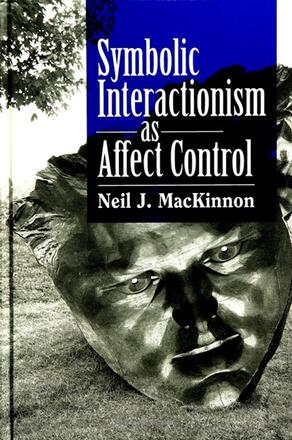
Symbolic Interactionism as Affect Control
Alternative formats available from:
Neil J. MacKinnon is Professor at the University of Guelph.
Reviews
"Symbolic Interactionism as Affect Control is the only readable english-language text that deals with the theoretical implications of Affect Control Theory for people who are qualitatively oriented and not methodologists. It will become required reading in all courses in sociological theory and in the sociology of emotions.
"The book contains an excellent argument for how Affect Control Theory both relates to historical theory and resolves specific paradoxes in contemporary theoretical approaches. I particularly like the way Dr. MacKinnon has spelled out the seven groups of propositions for Affect Control Theory and the way that he demonstrates that Affect Control Theory integrates the Chicago and Iowa Schools of Symbolic Interaction. I am also impressed with his discussion of culture and emotion theory. " — John D. O'Brien, Program in the Measurement of Affect and Affective Processes, Indiana University